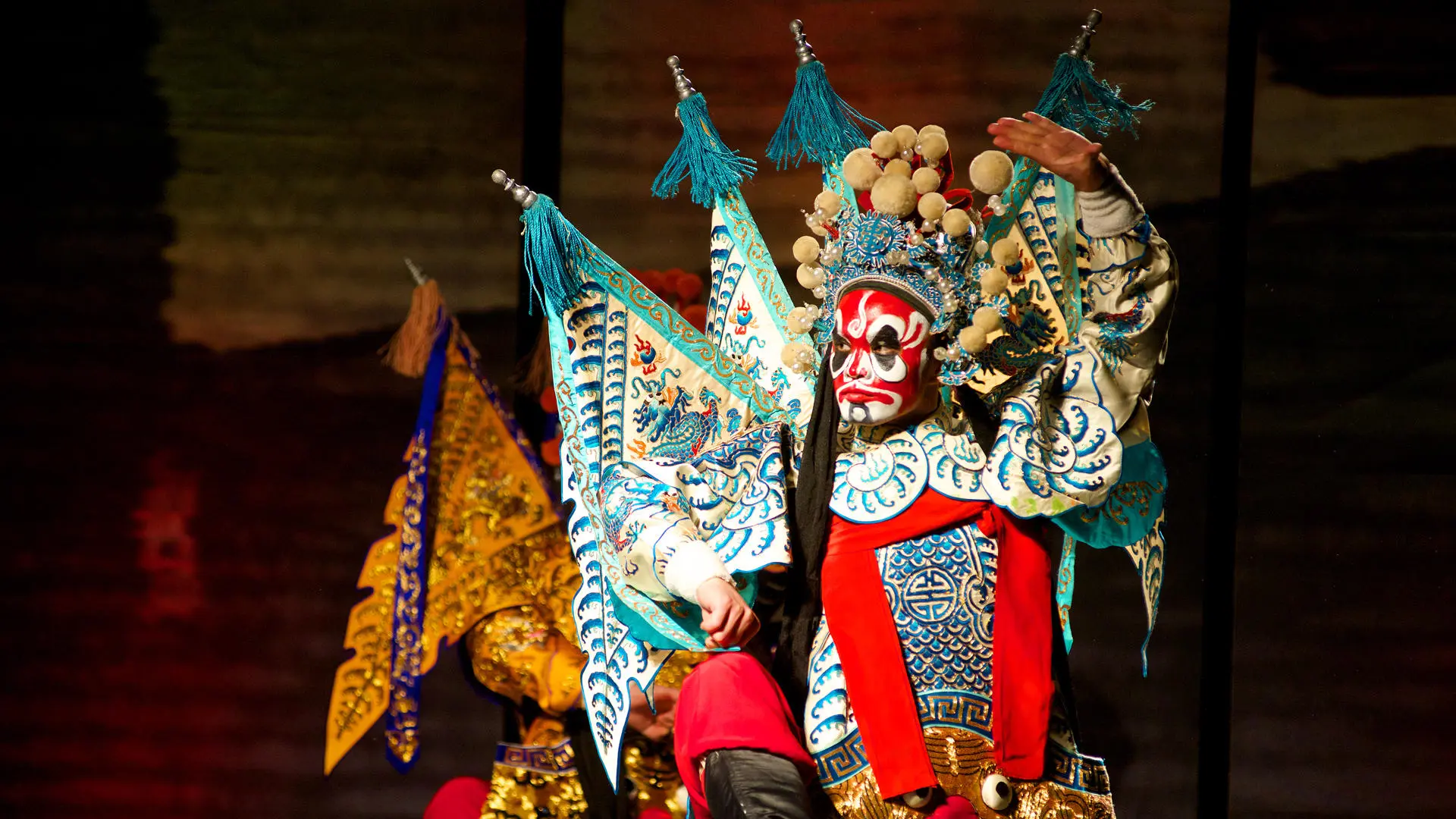Research plays an important role in the School of Arts and Media (SoAM). It is a home for arts practitioners, as well as those engaged in the study of history and theory of arts and media.
The staff prides itself on many achievements in the areas of fine art, filmmaking, journalism, dance and music, including the award of the Turner Prize to Professor Lubaina Himid CBE in 2017. In addition, researchers in the School won the prestigious ‘Excellence and Innovation in the Arts’ category at the Times Higher Education (THE) awards in 2016 for ‘Global Sound Movement’, a unique digital arts initiative that captures the sounds of rare and exotic musical instruments from remote villages across the globe for commercial use with profits donated back to the communities.
Research within the School has been informed by an awareness of the value of making a difference inside and outside academia. Our approach to research and impact has enabled us to achieve outputs of local and international significance, supporting projects that benefit communities and organisations at local, regional, national and international levels. At a local level, we play an instrumental role in shaping Preston’s 12-year cultural strategy and UCLan is a core member of the Cultural Framework Board overseeing its delivery. Working with local delivery partners at a long-term strategic level, as well as at project level (for example Preston Jazz and Improvisation Festival), we ensure the sustainability of our research and impact partnerships. We also partner with other areas of UCLan to deliver interdisciplinary and collaborative projects such as Aerial Uptake, funded by Interreg. This work combines engineering, aerospace and storytelling to work towards economic development in both Lancashire and many European cities and regions.
Our local and international activities are united by a commitment to the co-production of research and impact with marginalised or under-represented communities. Locally, we have collaborated with marginalized groups within the Preston area, including the BAME, LGBTQ+ and disability communities; abuse survivors, ex-offenders and people in substance misuse recovery; as well as those affected by mental health stigma and social isolation, or with a history of homelessness.
We also work with industry. For example, the Media Innovation Studio research group hosts industry-sponsored PhD study in collaboration with the World Association of News Publisher’s Global Alliance for Media Innovation. It also collaborates with a range of publishers nationally and internationally, alongside their communities, on joint research and development projects centred around emergent and disruptive technologies.
Our postgraduate research students are supported by staff via the Postgraduate Research Committee and Speakeasy Forum.
The Research is overseen by Professor Ewa Mazierska and three committees: Senior Researchers, led by Ewa Mazierska, Postgraduate Research Student Committee, led by Dr Les Gillon and Staff Research Progression, led by Reader Elaine Speight.
Ewa works with the Faculty Director of Research, Professor Erik Knudsen , and the Research Lead in the School of Humanities and Social Studies Professor Niki Alsford, who is a member of PVC Research Strategy Group.
Most of the members of the School are members of Creative Practice Research Academy (CPRA), led by Reader Adam de Paor-Evans, whose role is to strengthen the position of arts-related and creative practice research within the University and to build external relations.
In REF2021, the School submitted three Units of Assessment, 32, 33 and 34. Additionally, some of its members were submitted in other units, making the School one of the most research-active Schools in the University.

